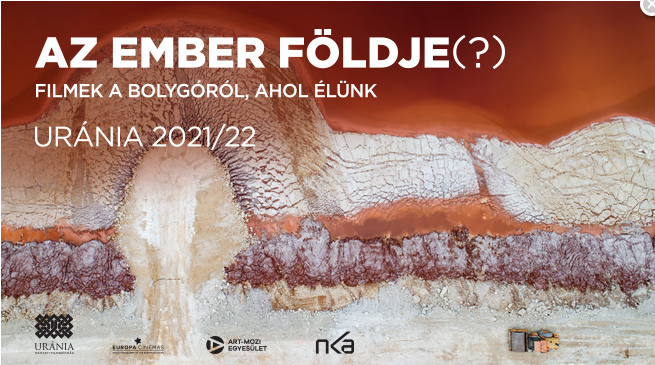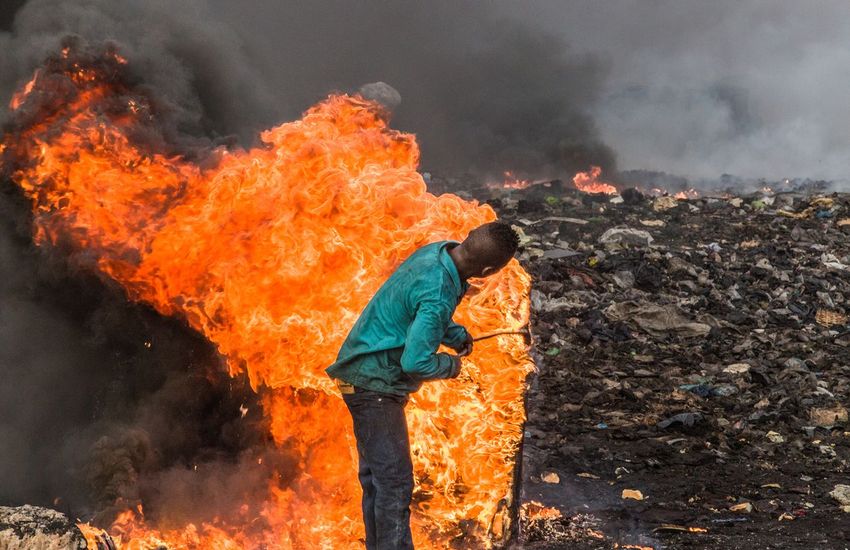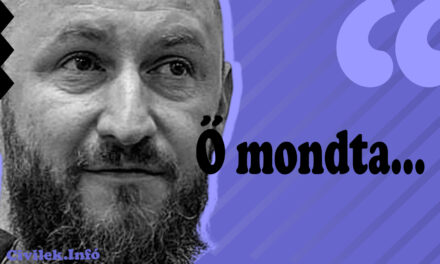The main character of Uránia's new film series, which runs until the end of October, is the earth. The selected films are used to find answers to what kind of relationship humans have with the earth, in all senses of this richly meaningful word. Can we consider either the planet or the soil that provides food as our own, and if so, what responsibility does this ownership impose on us? What can we do, seeing the dramatic findings of the comprehensive UN climate report released just a few weeks ago, to make this world a home for generations to come?
The program consisting of 8+1 films, which takes you to different corners of the globe from Verespatak to Venice and from Kenya to the Caribbean Sea, therefore tackles crucial ecological issues. However, this is not a scientific symposium, the screenings are not intended to create an opportunity for theoretical discussions. The focus of our attention is on films and their creators, who help us rethink our beliefs, habits, and the connections of our lives in a visual way, with the cathartic power of art.

illustration: Urania
They will show exceptional works that haven't been shown in Hungary yet, or hardly, or maybe a long time ago, and that all offer unique points of view and opportunities for questions and answers. In addition to the three Hungarian works - László Vitézy's 1982 Vörös föld, Tibor Kocsis ' 2004 New Eldorádó, and Milán Radisics' 2020 The Art of Pollution - German, Austrian, Italian, Spanish, French-Brazilian documentaries are included in the program, the latter without exception in the original language, with Hungarian subtitles.
The detailed program can be read here.
(Cover image source: Hungarian Nation)












